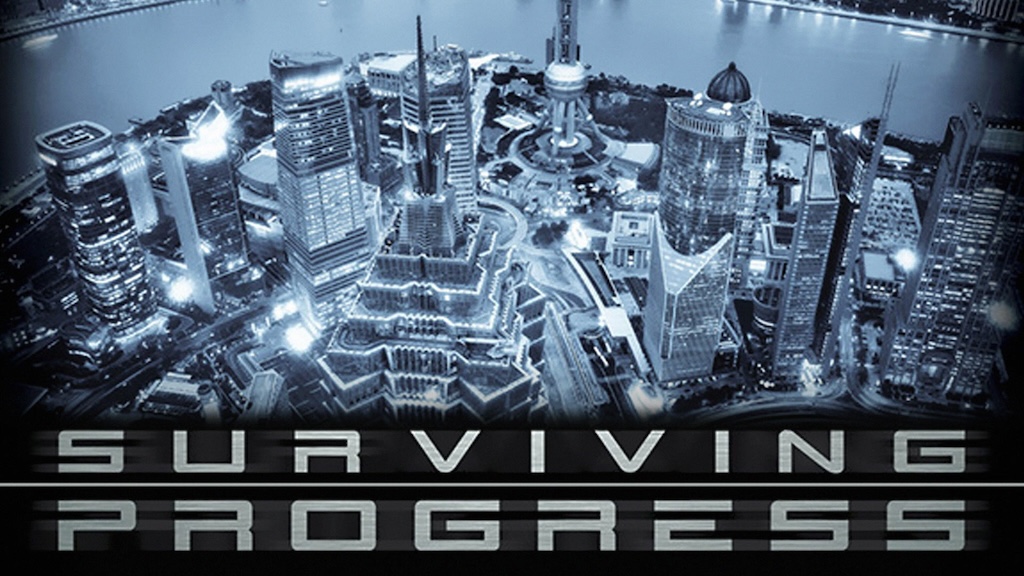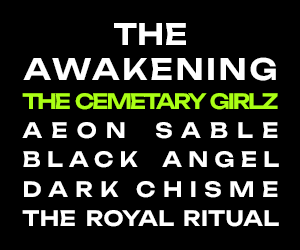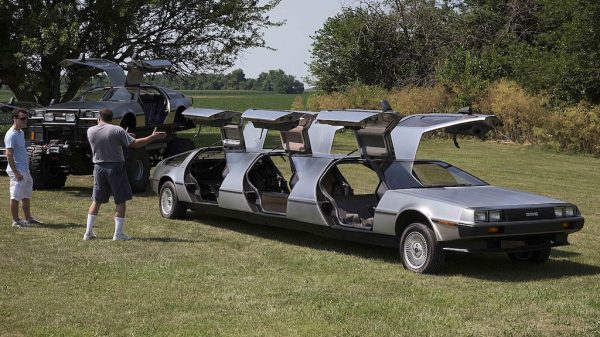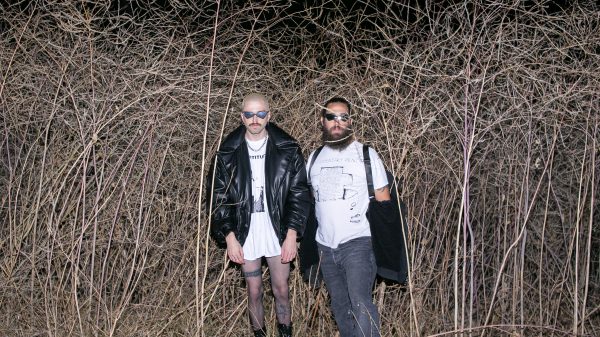The older I get, the more I reflect on my life, my ancestors lives, and human history. I think it’s normal that with age you start to realize that the future promises of our youths haven’t always come to fruition. Some feel very far off, others play out differently. I’m able to see these societal shifts in hindsight and realize that often when our governing institutions use the language of progress, they’re trying to justify repeating patterns of control and manipulation.
Probably the biggest “lie” that I believed when I was younger was that progress is always a good thing. I think I believed that because I had a different definition of “progress” than the adults in my life did. For example, progress is defined as more integration of technology into human life. Apple gave us iPhones to replace our flip phones that replaced our pagers and pay phones. That’s technological progress. But while our technology has progressed, these same devices that mark us as so much further “ahead” of our grandparents’ generation have led Millennials and Gen Z to have less sex and less authentic connection to one another than the Silent Generation did. That’s progress?
Progress has made it possible for my neighbors to buy huge, noisy air conditioning units that they run from June through September. Because of the heat waves of the past few summers here in Vancouver, air conditioning sales are through the roof. Vancouverites all over the city flip on their AC for a few months, driving up energy consumption, driving up pollution, cooling their homes while they heat up our atmosphere, making more and hotter heat waves possible in our region, causing more forest fires that keep them inside their AC-cooled space. A once moderate climate has become more harsh, and human beings choose technology that benefits us as individuals while making the problem worse for the collective. Meanwhile, I think about all this bitterly as I sweat through the summer, with only the meagre relief my $30 Canadian Tire fans bring. Yeah, I’m bitter.
For most of human history, we were balanced in our progress. We knew that we needed to keep doing the things that worked, and be careful about the new things we introduced because they may upset the delicate balance that kept us, other animals, and mother nature thriving. Now, after centuries of brutal colonization, erasure, and genocide, many of us are trying to re-learn the sustainable practices that were lost or destroyed in the name of “progress.”
SURVIVING PROGRESS is a 2011 documentary that explores what we mean by progress, and what progress means for the world we live on. It includes interviews with David Suzuki, Margaret Atwood, and Jane Goodall, and it explores the impact our economic progress has had on our societies and our environment. In the wake of the pandemic, the absolute concentration of the world’s wealth in a few hands, the housing and cost of living crisis for the rest of us, rampant consumption while landfills grow ever higher, the ongoing political games and wars — this film is more interesting and thought-provoking than ever. Watch it below.
Surviving Progress is a 2011 Canadian documentary film written and directed by Mathieu Roy and Harold Crooks, loosely based on A Short History of Progress, a book and a 2004 Massey Lecture series by Ronald Wright about societal collapse. The film was produced by Daniel Louis, Denise Robert, and Gerry Flahive.
Wikipedia














